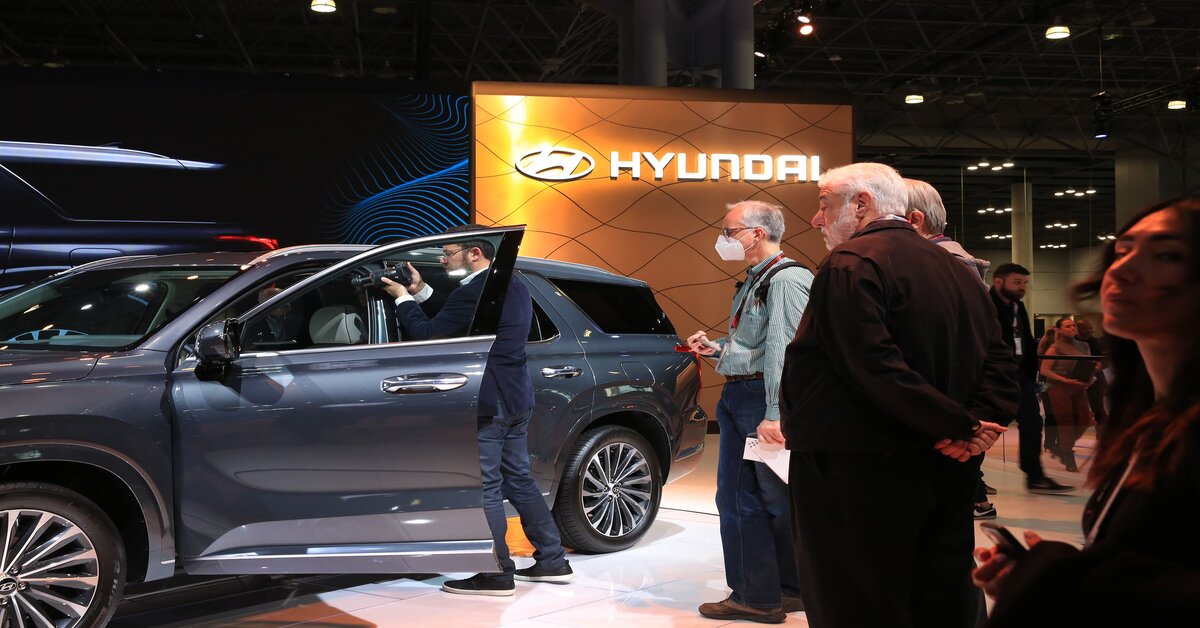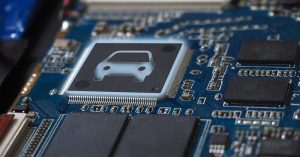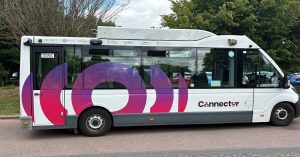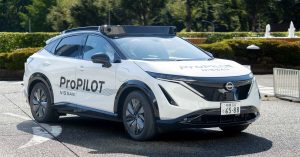Hyundai Motor Group, a leading global automotive company, has unveiled its bold strategy to invest $18 billion in South Korea’s electric vehicle (EV) industry by 2030. The company is determined to secure a position among the top three EV manufacturers worldwide, and it has taken a significant step towards this objective by announcing its intention to construct a specialized factory that will manufacture battery-electric purpose-built vehicles (PBVs). The new plant will feature cutting-edge manufacturing technologies and sustainable processes, such as the “cellular method” of production. With this substantial investment, Hyundai Motor Group aims to boost the competitiveness of the entire EV ecosystem, from research and development to production and infrastructure.
Hyundai Motor Group’s Ambitious Plan to Invest $18 Billion in South Korea’s EV Industry by 2030
Hyundai Motor Group, a South Korean multinational automotive manufacturer, has announced its ambitious plan to invest $18 billion in South Korea’s EV industry by 2030. The company aims to become one of the top 3 EV manufacturers globally by 2030, and this investment marks the first step towards achieving this goal.
The announcement was made at a groundbreaking ceremony for Kia’s dedicated plant for the production of battery-electric purpose-built vehicles (PBV). Kia, a subsidiary of Hyundai Motor Group, plans to invest approximately $758 million to secure 99,000 acres of land for the new PBV plant, which will employ innovative manufacturing technologies and environmentally friendly processes.
The new plant will be built as an eco-friendly facility that minimizes carbon emissions and applies innovative manufacturing technologies. One such process is the ‘cellular method,’ which allows vehicle production based on diverse customer demands. The new PBV plant will showcase the first model in the company’s dedicated PBV lineup in 2025, starting with a mid-sized PBV based on the ‘eS’ platform, a dedicated skateboard platform for battery electric PBVs, enabling various types of vehicle bodies to be flexibly combined.
Hyundai Motor Group’s Ambitious Plans for the EV Industry
Hyundai Motor Group, the South Korean multinational automotive manufacturer, has recently announced its ambitious plans to invest KRW 24 trillion ($18 billion) in South Korea’s EV industry by 2030. The group’s main goal is to become one of the world’s top three EV manufacturers by 2030.
Kia, a subsidiary of Hyundai Motor Group, will invest approximately USD 758 million to secure 99,000 acres of land for the new plant, with the aim of starting mass production in the second half of 2025. The plant will produce 150,000 units in its first year of full production, with the potential for expansion in the future.
One of the key production methods that will be implemented at the new plant is the ‘cellular (or cell) method,’ which allows vehicle production based on diverse customer demands. Furthermore, Kia has announced that it will showcase the first model in its dedicated PBV lineup in 2025, which will be based on the ‘eS’ platform, a dedicated skateboard platform for battery electric PBVs that enables various types of vehicle bodies to be flexibly combined.
Hyundai’s Ambitious Plans for the EV Industry in South Korea
Hyundai Motor Group’s $18 Billion Investment in South Korea’s EV Industry Hyundai Motor Group, the parent company of Hyundai Motor and Kia Motors, has set an ambitious target to become one of the top three global electric vehicle manufacturers by 2030. The announcement was made during the groundbreaking ceremony for Kia’s eco-friendly plant dedicated to the production of battery-electric purpose-built vehicles (PBV).
The new PBV plant will utilize innovative manufacturing technologies, including the ‘cellular method,’ which allows for production based on various customer demands while minimizing carbon emissions. Kia plans to launch its first mid-sized PBV model based on the ‘eS’ platform in 2025, with the platform enabling the flexible combination of various vehicle bodies.
Hyundai Motor Group’s investment in South Korea’s EV industry is aimed at reducing the country’s dependence on gasoline-powered vehicles and accelerating the transition to electric mobility. The investment will enhance the competitiveness of the entire electric vehicle ecosystem, including research and development, production, and infrastructure, and position Hyundai Motor Group as a leader in driving change and innovation in the global automotive industry.
Conclusion
Hyundai Motor Group’s investment in South Korea’s EV industry is a significant step towards achieving its goal of becoming one of the world’s top three EV manufacturers by 2030. The group’s commitment to investing KRW 24 trillion ($18 billion) in research and development, production, and infrastructure, including eco-friendly manufacturing technologies, shows a strong focus on enhancing the entire EV ecosystem.
By investing in the production of battery-electric purpose-built vehicles (PBV) and innovative manufacturing technologies, Hyundai Motor Group is positioning itself to meet the increasing demand for eco-friendly vehicles. The new PBV plant, built as an eco-friendly plant, with the implementation of the ‘cellular (or cell) method,’ will allow for vehicle production based on diverse customer demands.







